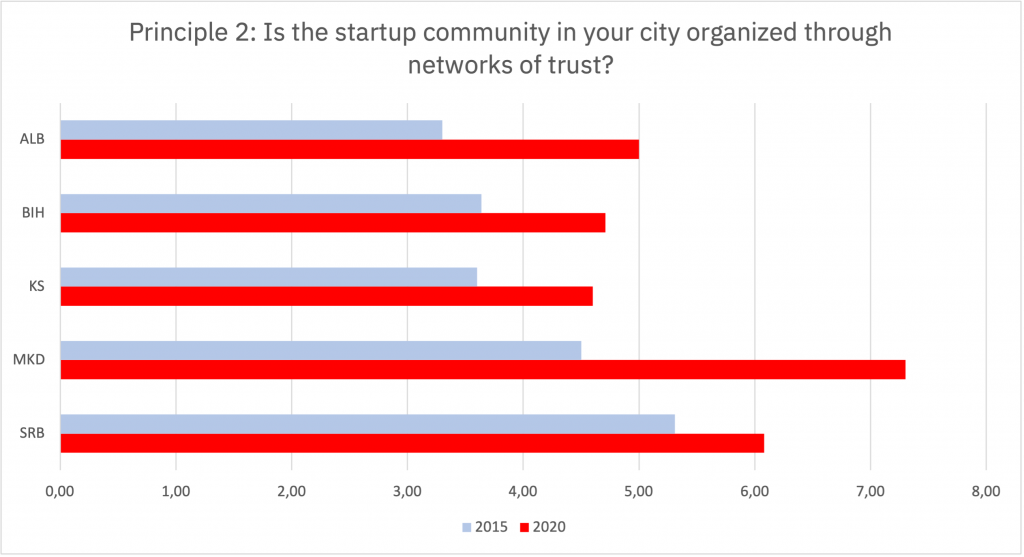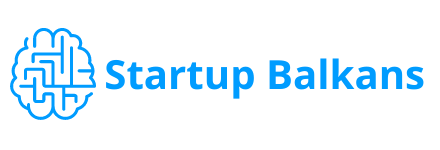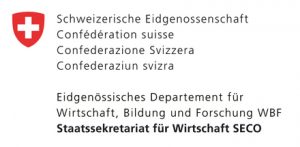American professor Robert D Putnam refers to social capital as “connections among individuals – social networks and the norms of reciprocity and trustworthiness that arise among them”. According to Putnam, social capital is fundamental for a functioning democracy.
The same can be said for a startup community. Without entrepreneurs trusting each other and showing reciprocity in their actions, an essential foundation for a functioning market economy does not exist. In the words of Brad Feld, a startup community is organized through networks of trust and functions through relationships which allow the exchange of ideas, talent, capital and know-how to occur seamlessly. On the other hand, hierarchies and top-down approaches destroy these dynamics and sap the energy that a startup community needs to thrive.
With all of these in mind, the question “is the startup community in your city organized through networks of trust?” aims to understand the amount of “social capital” available among entrepreneurs and organizations. According to the participants in the survey, trust has improved only slightly in the last five years. In fact, in Serbia, trust appears to have regressed a little. Without taking a deep-dive into the Balkan’s socio-political history, clearly, there is an on-going tension between the state and its citizens (entrepreneurs), among citizens (entrepreneurs), and between bottom-up vs hierarchical approaches to change. Or, as one interviewee put it, “Our mindset as a nation is cynical. We find it difficult to believe and trust in others.” Another interviewee confirmed that “trust among entrepreneurs is low”, while a third pointed out that culturally we are not close to thinking in terms of ‘networks of trust’.

Against this cultural background, entrepreneurs appear to rely on two distinctive mechanisms to survive, learn and grow. One, they don’t rely on the state institutions and, in return, expects nothing more from them than being left alone. Two, they rely on a close-knit group of friends (100% trust) for advice and recommendations of who else could help them with a specific task. Balkan societies are small. Most people in the startup community already know each other, but cooperation remains limited. Too often, as one interviewee admitted, “We still see each other as competitors, rather than collaborators. There is huge potential in us, but it can only be released by ourselves working together.” How?
Building trust is an answer. However, it is a time-consuming exercise. Fortunately, there are defined steps that we can follow in the trust-building process:
- Dialogue. Encouraging entrepreneurs to gather in informal settings to get to know each other better and share ideas, challenges, and even opportunities is an excellent first step. Founders Breakfast is one such example.
- Collaboration. Joint activity is an extraordinary driver for bringing people together. In some places, founders gather for mutually agreed-upon learning experiences, such as international experts running workshops with them as a group.
- Cooperation. When two or more entrepreneurs join forces, pooling their resources and implement a joint business activity, we have a successful collaboration in place.
Taking a step-by-step approach, encouraging honesty and transparency among the entrepreneurs, is key to trust-building. This process can be facilitated, but not forced. At the end of the day, the entrepreneurs themselves must recognize the benefit of opening up, investing time to talk to their peers and finding solutions to common challenges.
The expected benefit of joining and contributing to a community, does not always have to be financial and immediate for the individual entrepreneur. Instead, being part of a community of like-minded people creates a healthy sense of belonging for founders who often struggle alone.




